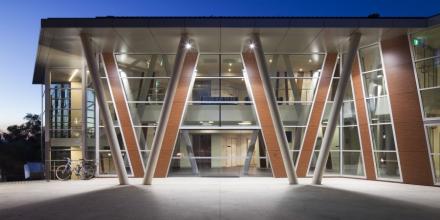Tolerance for inequality in the process of economic development: theory and evidence

Event details
PhD Seminar (Econ)
Date & time
Venue
Speaker
Contacts
The process of economic development naturally generates societal inequality. The presence of both winners and losers gives rise to the question of how the losers perceive and respond to the benefits of development. Although inequality has been at the forefront of the development policy debate since the publication of Capital in the Twenty-First Century by Thomas Piketty (2014), why the degree of tolerance for inequality varies among countries remains an unresolved issue. This study aims to examine the inequality-tolerance nexus through a multi-country panel data analysis using a framework that draws on Hirschman (1973). Political conflict is used as a proxy for tolerance. The evidence suggests a U-shaped relationship between political violence and income inequality, supporting the hypothesis that political conflict declines when inequality is ubiquitous followed by a subsequent reversal of this pattern. This bivariate relationship is robust to the inclusion of control variables such as per capita income, regime repressiveness, and three forms of fractionalisation (ethnic, language, and religious).
Updated: 19 July 2024/Responsible Officer: Crawford Engagement/Page Contact: CAP Web Team











